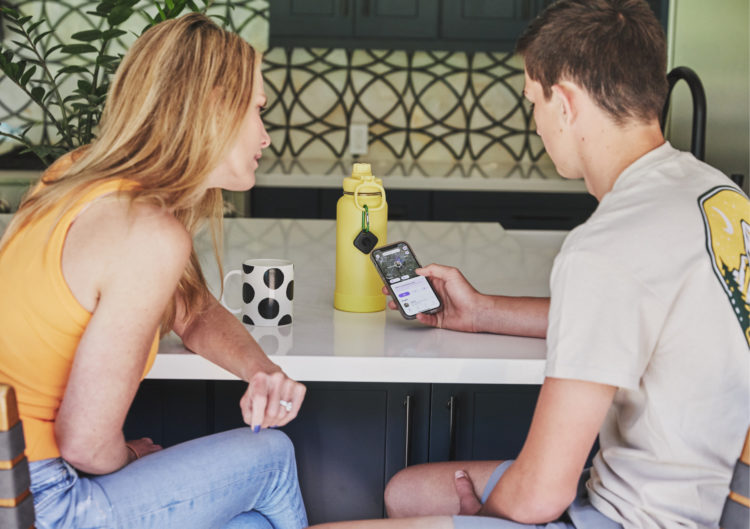For Gen Z, (Location) Sharing Is Caring

Americans are changing the way they think about location sharing – and Gen Z is leading the way
With over 50M+ active users and climbing, at Life360 we’re seeing location sharing is gaining steam faster than ever, helping more than 1 in 9 US families find peace of mind and connection. To dig deeper into how this technology became the norm for American families, we conducted a survey of 1,200 US adults. We found that, beyond being used to track children and family members, location sharing is powering a culture of safety among Gen-Z respondents.
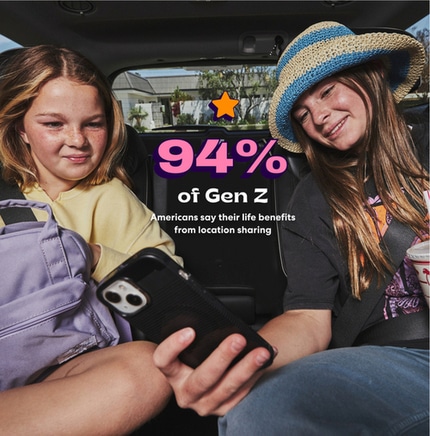
The Driving Motivation.
Across the board, the survey says Americans see location sharing as a positive, with 89% of Americans saying their life benefits from location sharing – and this increases to an overwhelming 94% for Gen Z, showing a younger generation pioneering its embrace. As the generation introduced to location sharing at a young age, Gen Z is emerging as the driving force behind this cultural shift that prioritizes safety in an entirely new way.
Downloaded by Parents, Embraced by Gen Z
Location sharing began as a way for parents to keep tabs on their kids and ensure their safety – and that still holds true for most families: a majority of respondents (54%) said it is necessary or usually appropriate for parents to ask their children to share their location at all times. Emergencies (93%), ensuring a child arrives at school (90%) and traveling abroad or without supervision (90%) were most often seen as appropriate uses of location sharing between a parent and child. As the first true digitally native generation grew up sharing their location with their parents, Gen Z naturally became accustomed to the benefits it provided – convenience, safety, freedom – and they remain the generation most likely to share their location with a parent (56%).
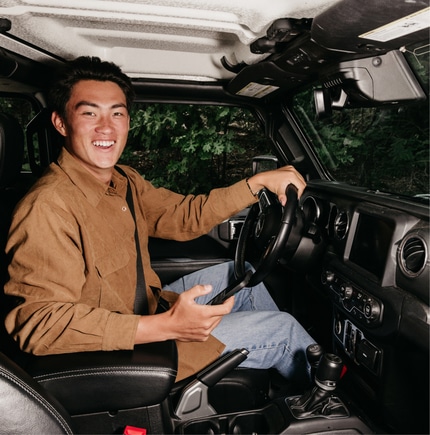
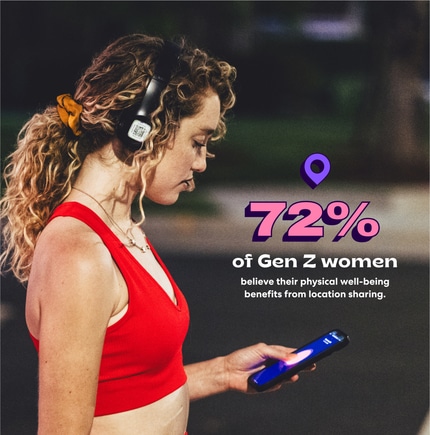
Location Sharing Becomes Synonymous with Safety.
After years of sharing their locations with their parents, the report shows that safety is the top benefit of location sharing that Gen Z is taking with them into adulthood. According to the report, “safe” is the number one term that comes to mind for 66% of Gen Z respondents when thinking about location sharing. Eighty-seven percent of Gen Z respondents said they use the technology for long-distance driving, 80% when visiting new or dangerous places, 77% when going to an event, concert, or festival, and 78% when they are going to party or on a date. Unsurprisingly, 72% of Gen Z women believe their physical well-being benefits from location sharing.
The pandemic accelerated Gen Z’s adoption of location sharing as people became used to knowing where their friends and family were. In the last two years alone, location sharing has exploded in popularity, with downloads of Life360 in the United States doubling since 2021 and tripling internationally.
Gen Z has put safety at such a premium that location sharing even takes precedence over privacy: 74% agree that the increased physical safety and convenience that location sharing provides is usually worth the cost of having less privacy.
For a generation that also came of age during the #MeToo movement and school shootings and a global pandemic – all of which have brought physical safety and wellbeing to the forefront of social consciousness – it’s no wonder Gen Z is turning to location sharing as a critical tool for ensuring the safety of family and friends.
“The turbulence of Gen Z’s adolescence spawned a mental health crisis that was only amplified by the pandemic, social media, and the 24-hour news cycle,” said educational psychologist and author of Thrivers, Dr. Michele Borba. “During uncertain times, this generation has come to crave the added layer of security that location sharing provides. As the activist generation, naturally they’re taking proactive approaches like location sharing to ensuring the wellbeing of their peers.”
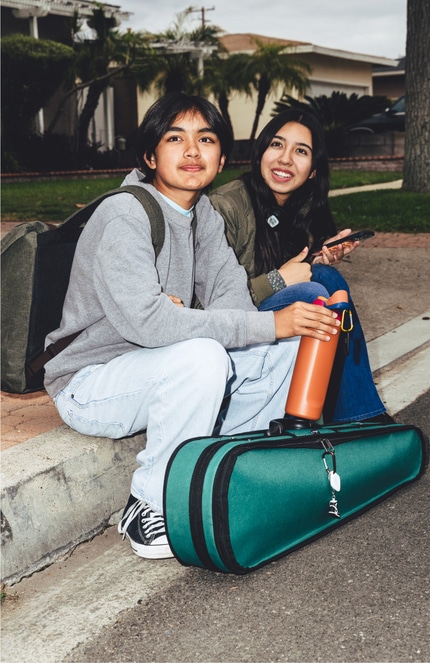
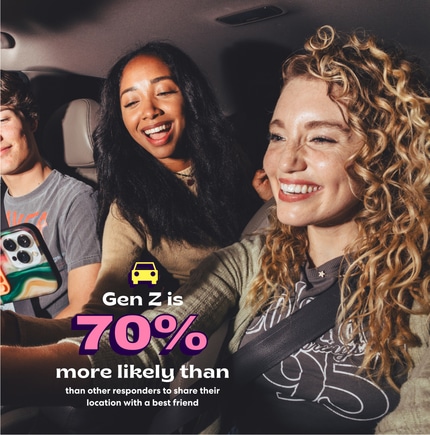
Location Sharing Is Transforming Gen Z’s Social Life
While this generation is still most likely to share their location with a parent, the report indicated that Gen Z is carrying the safety and convenience of location sharing into their friendships and relationships (Gen Z is 70% more likely than other respondents to share their location with a best friend) and fostering a new culture of safety in Gen Z circles.
Now, with much of Gen Z in high school and college and gaining more independence, location sharing has evolved from tech they use to appease their parents into a means of communicating and showing affection among friends. When it comes to location sharing with friends, ensuring a safe return (86%) and visiting new places (87%) are most often seen as appropriate uses of location sharing.
For Gen Z, concerns over each other’s safety is how they show care for one another, and it manifests in group dynamics too: within their circle of friends, 55% say they usually play the role of “Mom”, the one who takes care of everyone, makes sure people get home safe, and are healthy within their friend group. 36% play the role of “Dad”, the one who organizes everyone and makes sure schedules are on track.
From offering parents peace of mind at home to staying connected with friends on campus, Gen Z is committed to building a safer world for themselves and their peers, establishing themselves as a generation that isn’t just adapting to the times, but is actively shaping them. As Gen-Z continues to embrace a culture of safety, location sharing apps like Life360 and more advanced safety features like crash detection, emergency response, and SOS alerts will continue to see growth both in the US and across the world. While location sharing started as a taboo topic just a decade ago, it is now readily adopted by younger generations and their parents who are seeking peace of mind and connectivity that only apps like Life360 can provide.


